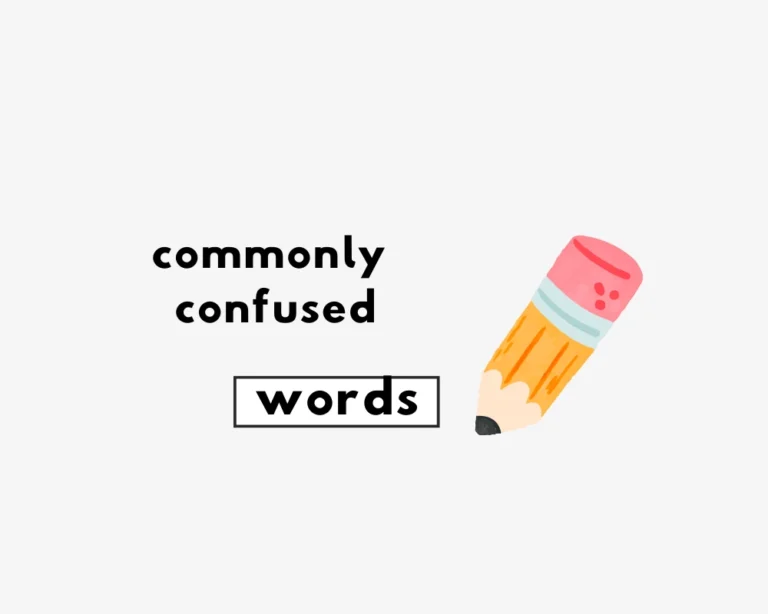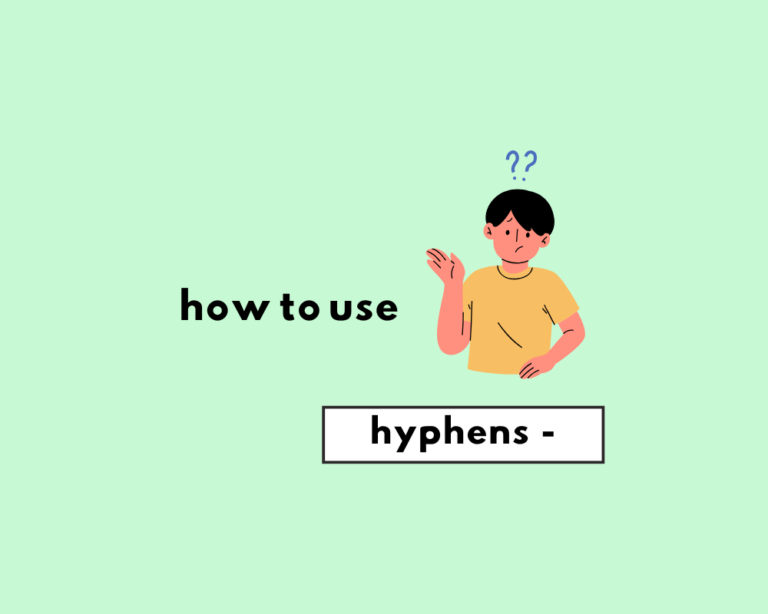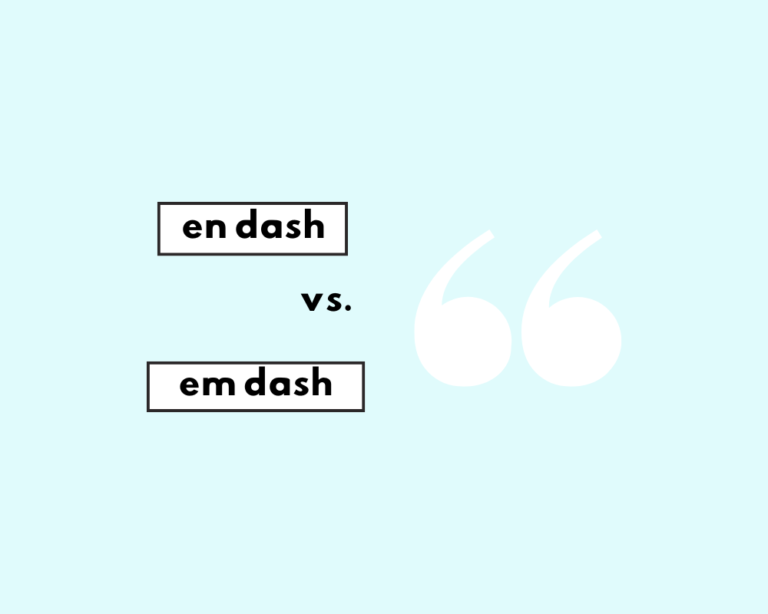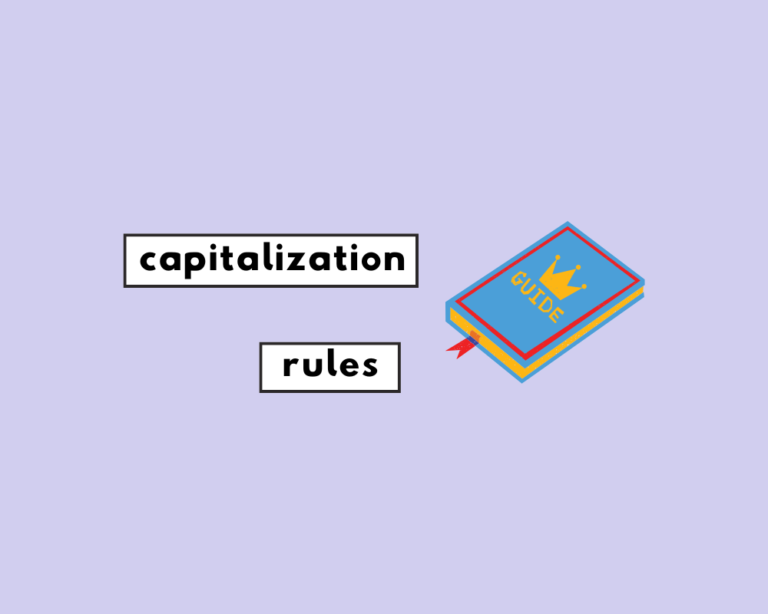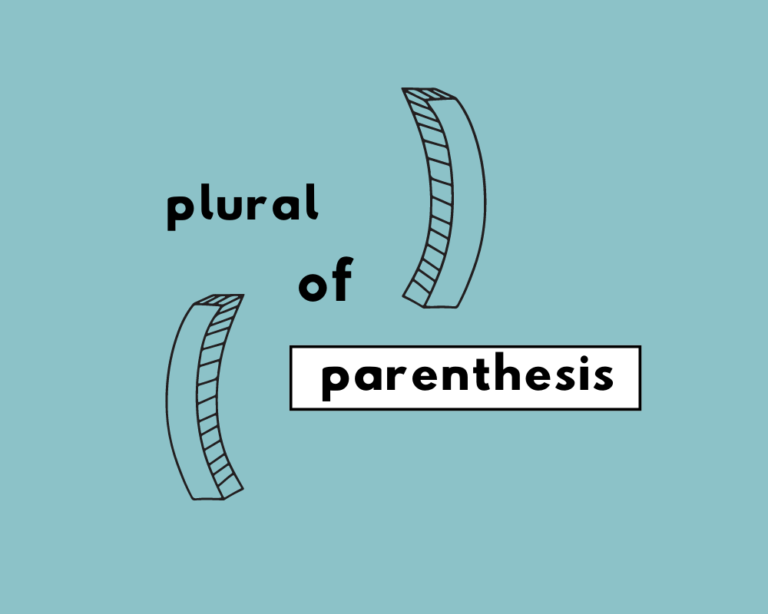
What’s the past tense of “fly”?
The verb fly is defined as, “to move in or pass through the air with wings”.
“Fly” can also refer to the noun and insect, which are “a winged insect —usually used in combination: mayfly; butterfly“. This is not the sense in which we are referring to fly as a verb.
Is the past tense of fly “flew” or “flown”?
Fly is irregular because neither of its past tenses end in “ed”. Here are the key takeaways:
- To fly is the present tense.
- The simple past tense is flew;
- The past participle (paired with auxiliary verbs) is flown.
| “fly” present tense | “flew” past tense | “flown” past participle |
| The aircraft is fully functional and fit to fly. | She gasped and her hand flew to her mouth. | A wasp had flown in through the window. |
Verb forms of fly
| present | past | future | |
| simple | I fly | I flew | I will fly |
| continuous | I am flying | I was flying | I will be flying |
| perfect | I have flown | I had flown | I will have flown |
| perfect continuous | I have been flying | I had been flying | I will have been flying |
| tense | example |
| present tense | I fly to New York City today. |
| present continuous | We are flying overseas right now. |
| past tense | She flew to NYC last week. |
| past perfect tense | I was exhausted because I had flown all night and couldn’t sleep. |
| future tense | I will fly from Austin, Texas to Denver, Colorado next month. |
Is “fly” a regular or irregular verb?
The verb fly is irregular. The difference between regular and irregular verbs is that regular verbs end in –ed in their past verb forms. Irregular verbs end in something other than –ed. As fly ends in something other than –ed in both its past tense forms (flew/flown), this makes it irregular. Here’s a chart of other irregular verbs that, like fly, use two forms in the past tense:
| base verb | past tense | past participle |
| fly | flew | flown |
| blow | blew | blown |
| draw | drew | drawn |
| eat | ate | eaten |
| drink | drank | drunk |
When to use flew vs. flown
Compare these sentences:
The pilot flew overnight from Paris to New York. (simple past)
I was exhausted because I had flown all night. (past perfect)
The first sentence describes an action that occurred and was completed fully in the past. The second sentence also describes something that took place and was completed in the past, but it differs from the first sentence in numerous ways. Try to read this next sentence out loud:
I was exhausted because I flown all night.
This does not make sense in English. It’s clear by reading the sentence out loud that a word is missing, and that word (aka verb) is had, the past tense of the verb have. Because flown is a participle, it pairs with helping verbs (such as has, have and so forth). Think of participles as a little bit verb, and a little bit adjective, but not one or the other entirely. Now try to read this sentence out loud:
I was exhausted because I had flown all night.
The sentence makes sense because we included the auxiliary/helping verb have, in its past participle form, had. The present of had + flown indicates the past perfect tense.
Examples with “fly” (verb) in sentences
His inspiration to fly came even before he joined the Army.
I’ll have to fly.
I must fly or I’ll miss my plane.
It may be possible to fly the women and children out on Thursday.
Examples with “flew” (past) in sentences
The planes flew through the clouds.
The bird flew away.
He flew to Los Angeles.
He flew back to London.
They flew a route between Chicago and New York.
Examples with “flown” (past participle) in sentences
Personnel have to be flown in.
I’ve never flown before.
The year has flown by.
The relief supplies are being flown from a warehouse in Pisa.
The birds had flown, and their empty nests in the bare trees were filled with snow.
Idioms with “fly”
| Phrase | Meaning |
|---|---|
| to be like a fly in milk | to be conspicuous or obvious |
| a fly in the ointment | to detract from a positive situation |
| wouldn’t hurt a fly | said of someone harmless/gentle or kind |
| to fly off the handle | to be uncontrollably angry |
| you must lose a fly to catch a trout | small sacrifices may are sometimes necessary for bigger gains |
| kill a fly with an elephant gun | to take excessive means to accomplish a relatively small task; similar: to take a sledgehammer to crack a nut |
| fly by the seat of one’s pants | said hyperbolically of one who is deemed so cold and indifferent as to be unable to cry tears |
| if pigs could fly | meaning that something is impossible to accomplish or achieve |
| monkeys might fly out of my butt | said when there’s no chance of something happening |
| to fly too close to the sun | to take on something extremely ambitious that may lead to one’s undoing |
| run around like a blue-arsed fly | to work quickly while taking on a large number of tasks |
| a fly on the wall | to be an observer and quiet in a situation |
| birds of a feather fly/flock | people with similar sentiments and attitudes stick together |
Origin of the word “fly”
From etymology online on fly (v.):
“To soar through air; move through the air with wings,” Old English fleogan “to fly, take flight, rise into the air” rom Proto-Germanic *fleugan “to fly”.
Practice questions: forms of fly
| Questions | Answer options: |
| 1. True or false: “Fly” is a regular verb. | a. true b. false |
| 2. True or false: Regular verbs end in “ed” to denote the past. | a. true b. false |
| 3. True or false: “Fly” is the same in the present and past tense. | a. true b. false |
| 4. Choose the correct tense the sentence is in: I’ve flown that airline before. | a. past b. present perfect c. past perfect |
| 5. Choose the correct tense the sentence is in: I’ll be flying to Greece next wednesday. | a. future continuous b. present continuous c. past continuous |
| 6. Choose the form of ‘fly’ to complete the sentence: She ___ frequently because of her job. | a. has flown b. flies c. flying |
Answers
- b
- a
- b
- b
- a
- b
Learn more about verbs
- What are regular and irregular verbs?
- Transitive and intransitive verbs?
- What are verbs?
- What’re personal pronouns?
- What’s the difference between they’re, their, and there?
- Whose vs who’s?
Sources
- Harper, Douglas. “Etymology of fly.” Online Etymology Dictionary, https://www.etymonline.com/word/fly. Accessed 21 January, 2023.
- Wikipedia contributors. “Mayfly.” Wikipedia, The Free Encyclopedia. Wikipedia, The Free Encyclopedia, 1 Feb. 2024. Web. 14 Feb. 2024.
- “Fly.” McGraw-Hill Dictionary of American Idioms and Phrasal Verbs. 2002. The McGraw-Hill Companies, Inc. 21 Jan. 2023 https://idioms.thefreedictionary.com/fly


